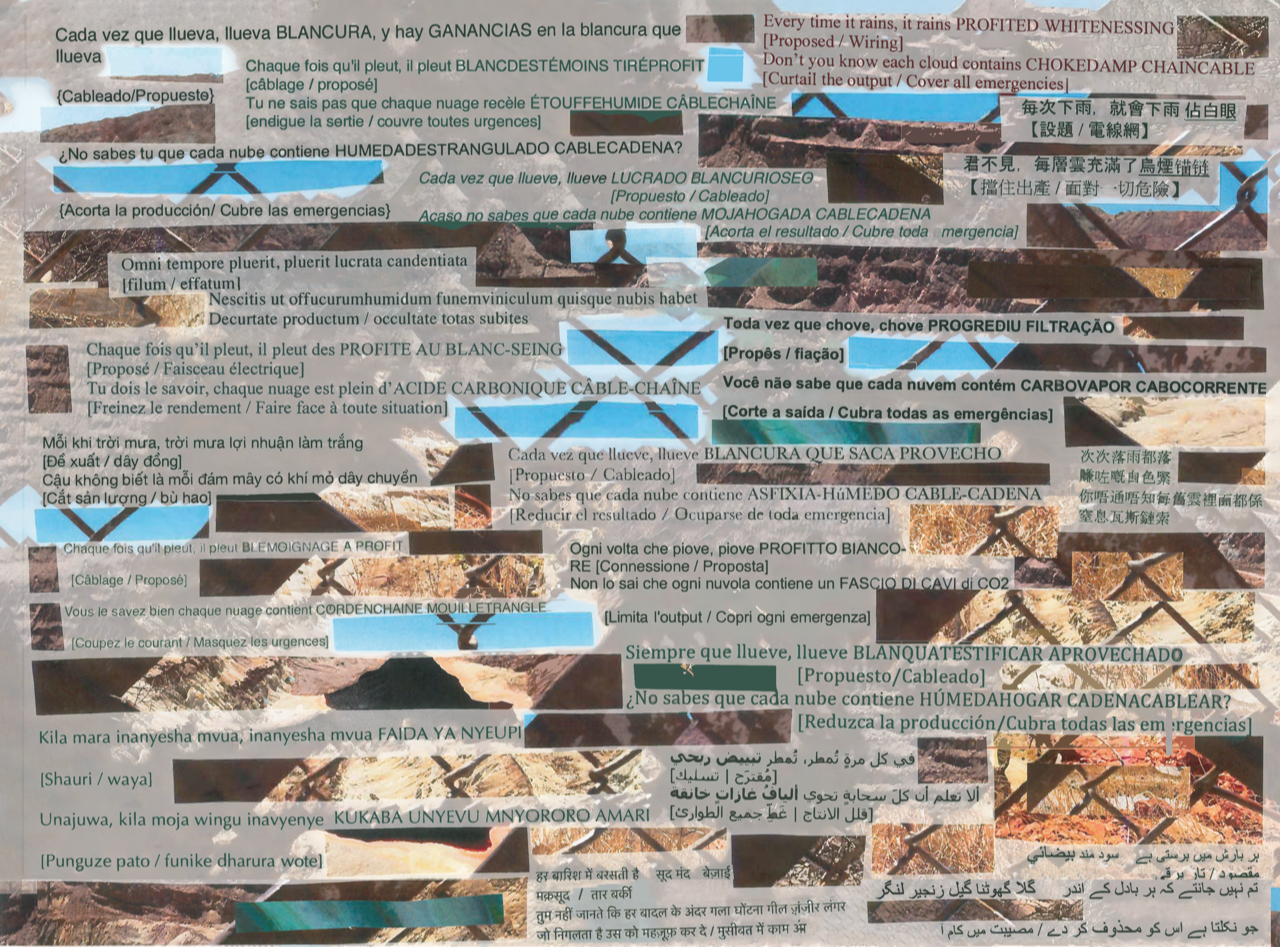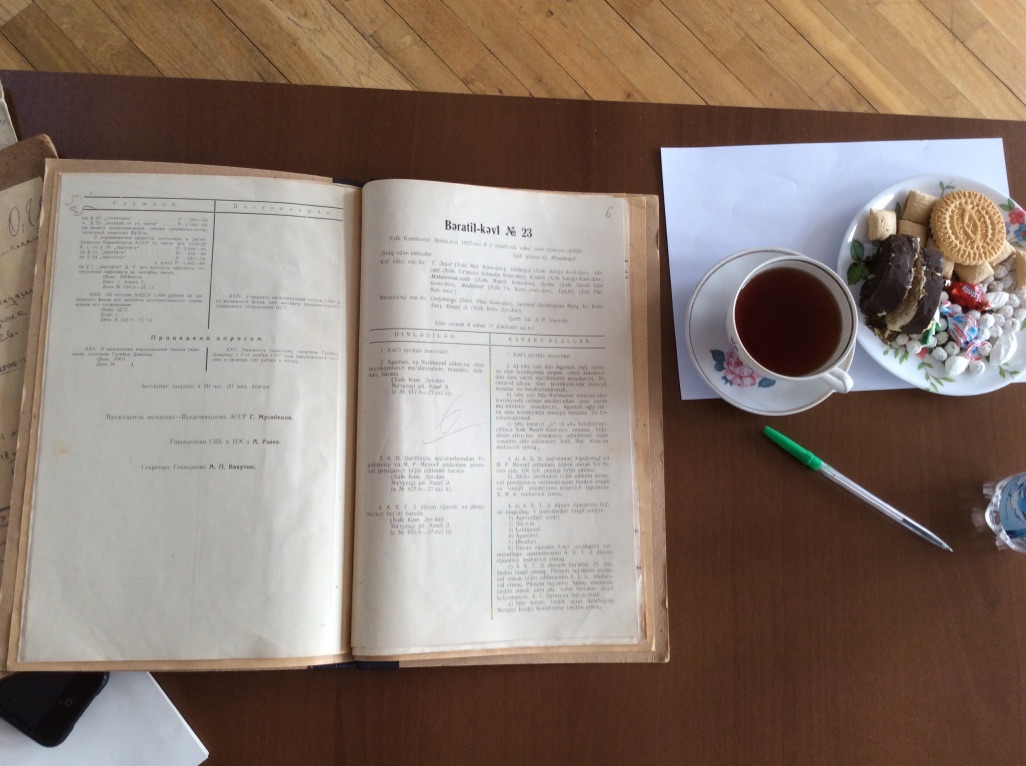Courses
CMLT 20109 Comparative Literature – Theory and Practice
The course will consider translation—both theory and practice—in relation to queer studies, transgender studies, disability studies, and gender and women's studies. We will consider the intersections of translation with religion, postcolonialism, decolonialism, and feminist thought. Authors studied will include Monique Balbuena, Roque Raquel Salas Rivera, Kate Briggs, Gayatri Chakravorty Spivak, and others. There will be workshops with guest translators. Students may undertake a final research paper or translation project. A minimum of reading knowledge with at least one non-English language is required.
CMLT 26680/36680 Literary Games: Oulipo and Onward
Does constraint foster creativity? Can wordplay carry political meaning? Is formal innovation divorced from lyrical expression? How do experimental literary movements respond to their sociopolitical moments and local contexts, and how do they transform when they travel across geographical and linguistic borders? We will consider these questions via the work of the longest-lived French literary group, the Oulipo (Ouvroir de littérature potentielle or Workshop for Potential Literature), examining its origins as a quasi-secret society in 1960 and its expansion into an internationally visible and multilingual collective (with members from Italy, Spain, Argentina, and the US). We will investigate debates about inspiration and authorship, copying and plagiarism, collective creation, multilingualism, constraint and translation, and the viability of the lyric subject. While considering antecedents (Edgar Allan Poe, Raymond Roussel), our readings will explore several generations of Oulipians (Raymond Queneau, Georges Perec, Italo Calvino, Michèle Métail, Anne Garréta, Frédéric Forte), and conclude with some very contemporary Oulipo-inspired writing from around the world (Christian Bök, Urayoán Noel, Mónica de la Torre, K. Silem Mohammed). Alongside critical essays, students will carry out short experiments with constraint and procedure, as well as translation exercises; and they will have the opportunity for dialogue with acclaimed writers and scholars who will visit our seminar.
CMLT 26702/36702 Arabic into Hebrew: Translation and Cultural Change during the Middle Ages
Religions, like all cultural phenomena, are akin to organic beings: they change, grow and adapt, absorb and assimilate what they encounter, become transformed constantly in relation to challenges and opportunities – and sometimes react against them. This course will focus on one example of religious-cultural-philosophical adaptation and change through a study of the medieval translation of Arabic and Judeo-Arabic works into Hebrew during the 12th-15th centuries. We will focus on the translations themselves and translation technique, but principally on what was translated and why, when and where, by whom and for whom. All this with an added emphasis on the result: how did Judaism and Jewish culture change through translation – in all its forms – during the high middle ages.
CMLT 28990/38990 La Princesse de Clèves and the Genesis of the Modern Novel
Madame de La Fayette’s 1678 novel represents a turning point in the international development of the psychological novel and historical fiction. Set in a Renaissance past of courtly international intrigue, the novel plumbs its characters’ interiorized struggles with erotic desire, marriage, and adultery, forging a path for later novelists such as Flaubert, George Eliot, and Tolstoy. We will examine debates about its literary form and moral impact, as well as around gender and women’s writing, placing the novel in a transnational context (Spanish, Italian, and English romances, drama, and moral philosophy) and its later reception, including film adaptations and its role in heated contemporary controversies around the place of the humanities in society. Students are encouraged to undertake individual comparative research projects in relation to the novel. Course taught in English but reading ability in French required.
CRWR 21505/41505 Advanced Translation Workshop: Prose Style
Purple, lean, evocative, muscular, literary, exuberant, lucid, stilted, elliptical. These are all labels that critics and reviewers have used to characterize prose styles that call attention to themselves in distinct ways. Of course, what constitutes style not only changes over time, but also means different things in different literary traditions. How, then, do translators carry style over from one language and cultural milieu to another? And to what extent does style structure storytelling? We will explore these questions by reading a variety of modern and contemporary stylists who either write in English or translate into English, paying special attention to what stylistic devices are at work and what their implications are for narration, characterization, and world building. Further, we'll examine the range of choices that each writer and translator makes when constituting and reconstituting style, on a lexical, tonal, and syntactic scale. By pairing readings with generative exercises in stylistics and constrained writing, we will build toward the translation of a short work of contemporary fiction into English. To participate in this workshop, students should be able to comfortably read a literary text in a foreign language.
CRWR 21505/41505 Advanced Translation Workshop: Prose Style
Purple, lean, evocative, muscular, literary, exuberant, lucid, stilted, elliptical. These are all labels that critics and reviewers have used to characterize prose styles that call attention to themselves in distinct ways. Of course, what constitutes style not only changes over time, but also means different things in different literary traditions. How, then, do translators carry style over from one language and cultural milieu to another? And to what extent does style structure storytelling? We will explore these questions by reading a variety of modern and contemporary stylists who either write in English or translate into English, paying special attention to what stylistic devices are at work and what their implications are for narration, characterization, and world building. Further, we’ll examine the range of choices that each writer and translator makes when constituting and reconstituting style, on a lexical, tonal, and syntactic scale. By pairing readings with generative exercises in stylistics and constrained writing, we will build toward the translation of a short work of contemporary fiction into English. To participate in this workshop, students should be able to comfortably read a literary text in a foreign language.
CMLT 48647 Trauma and Narrative
This graduate seminar invites students to engage with literary trauma studies, a field that first emerged in the 1990s, and that has more recently been undergoing decolonization processes. Following calls by scholars such as Stef Craps in Postcolonial Witnessing (2013), we will examine foundational and current literary theory by questioning its validity and applicability across different cultural contexts and languages. We will read select fictional trauma narratives, in English translation or in the original language when possible. Readings will include select psychological and psychoanalytical theoretical literature from Judith L. Herman and Cathy Caruth to Bessel van der Kolk; (literary) theory by Ruth Leys, Lauren Berlant and Stef Craps, as well as fictional texts, largely from non-Euro-Anglo-American contexts. Students working on trauma-related literary projects are welcome to contribute materials in their respective research languages. We will end the course by bridging discussions of literary trauma studies with recent debates around a pedagogy of trauma, especially as applicable the context of higher education. Students need to be available for 2 synchronous online meetings per week.


